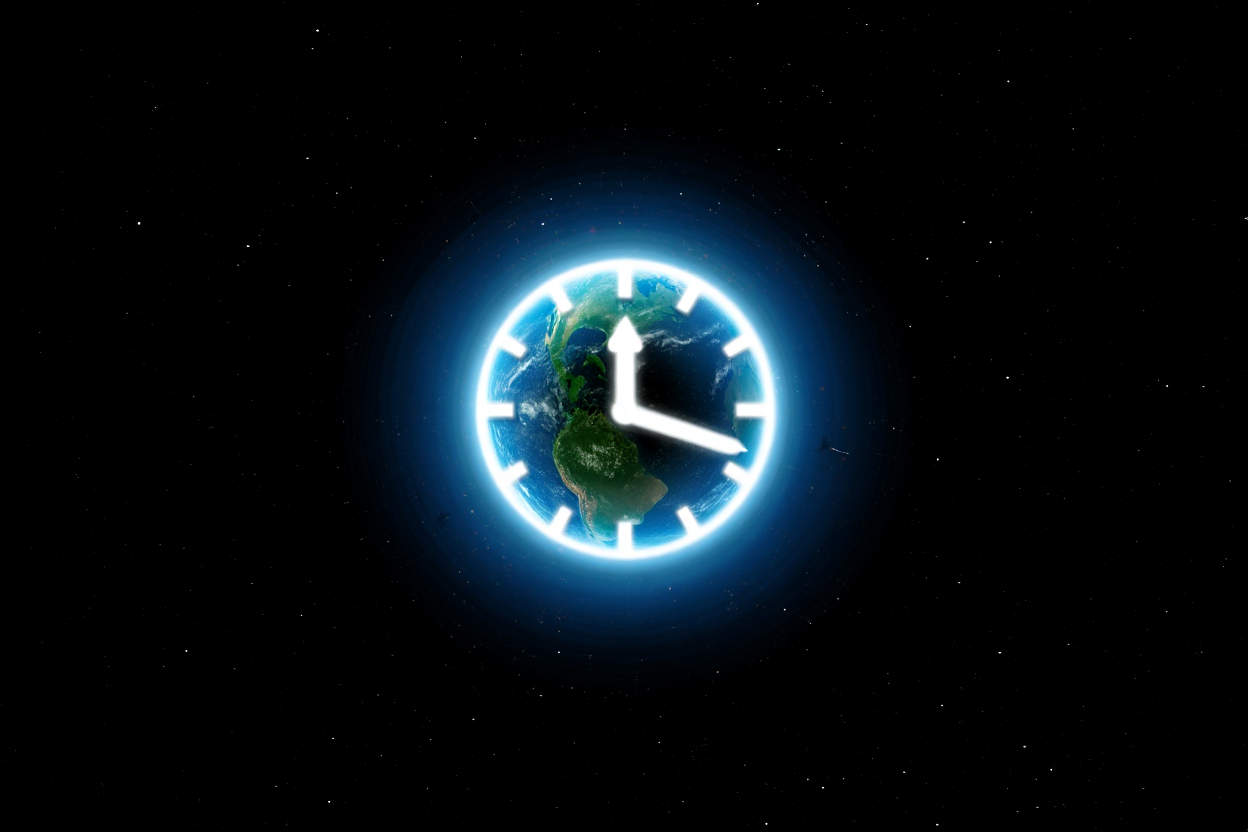🌍 Earth is spinning faster, and we don't know why
Published by Cédric,
Article author: Cédric DEPOND
Source: timeanddate.com
Other Languages: FR, DE, ES, PT
Article author: Cédric DEPOND
Source: timeanddate.com
Other Languages: FR, DE, ES, PT
Follow us on Google News (click on ☆)

Shorter days than expected
The official length of an Earth day is 86,400 seconds. On July 5, 2024, Earth completed its rotation in 1.66 milliseconds less than average. The most recent models predict a similar reduction in 2025, up to 1.51 milliseconds.
These tiny variations are detected by atomic clocks, which can measure Earth's rotation with extreme precision. The data is centralized by the IERS (International Earth Rotation and Reference Systems Service), which adjusts time measurement systems accordingly.
Part of this variation can be explained by the Moon's gravitational influence. When it moves away from Earth's equator, it alters mass distribution on our planet, which can slightly accelerate rotation.
But this recent trend remains difficult to explain. Researchers suggest several hypotheses: movements of Earth's core, melting ice, or changes in ocean currents. However, no single factor satisfactorily accounts for this persistent acceleration.
Researcher Leonid Zotov notes that the current speed exceeds what models predicted. He believes a slowdown should eventually occur, though it's impossible to predict when.
Tangible technological consequences
This dynamic isn't without impact. Many systems — GPS, satellites, financial networks — rely on ultra-precise time synchronization. Any variation requires meticulous adjustments.
One considered scenario: removing a leap second, rather than adding one as was done in the past. Such an unprecedented decision could be made as early as 2029, depending on measurement trends.
These adjustments show that, on the scale of milliseconds, Earth's rotation is a dynamic phenomenon that science continues to closely monitor.